UK to introduce strike law to contain industrial action in key sectors
Britain will unveil strike legislation in order to contain industrial actions in its key sectors, as the country suffers from soaring inflation and countrywide strikes.
On Thursday, UK Business Minister Grant Shapps said the government would bring the legislation before parliament in the coming weeks. The bill aims to ensure essential public services set minimum safety levels in time of industrial action, the minister said.
“While we hope that voluntary agreements can continue to be made in most cases, introducing minimum safety levels... will restore the balance between those seeking to strike and protecting the public from disproportionate disruption.”
The government seeks to limit disruption from strikes now involving tens of thousands of workers, while inviting trade unions in for fresh round of talks to discuss public sector pay settlements in 2023-24.
The bill will take months to turn into law, but Shapps said the timing would be "a matter for parliament itself."
Prime Minister Rishi Sunak has been under pressure to do more to resolve the wave of crippling strikes by workers demanding better pay across key sectors from healthcare to transport.
A winter of widespread strikes in Britain has dealt a blow to people's daily life as well as the country's already struggling economy, showing no sign of stopping at the beginning of a new year as workers in most sectors demand higher pay to keep pace with inflation. The government has denied any effort to sufficiently raise wages and announced it cannot afford to give public sector workers an inflation-matching rise.
The opposition Labour Party has already said it would overturn the law if it comes to power.
"These proposals are unworkable and unserious from a dead-end government," Labour Deputy Leader Angela Rayner said. "It's insulting to key workers that Rishi Sunak thinks that threatening teachers and nurses with the sack will end strikes."
The GMB, which is one of the UK's largest trade unions, denounced the bill as an attack on the fundamental right to strike. "We are always ready to discuss our members' pay but the government is refusing to talk about problems as they exist now. Instead they want to kick the can down the road," GMB General Secretary Gary Smith said.
Sunak insists agreeing to raises could embed inflation, but workers are asking for higher pay to keep pace with inflation, which is hovering around 40-year highs, reaching 10.7 percent in November.
Iran: US airstrikes on Yemen war crimes, violation of international law
Yemeni armed forces down F-18 fighter jet, repel US-UK attack: Spokesman
Iran warns against US-Israeli plot to weaken Muslims, dominate region
VIDEO | Public uproar in US against Israeli regime
‘Ghost town’: 70% of Jabalia buildings destroyed by Israel
Mother’s Day: Sareh Javanmardi’s inspiring journey as Paralympic champion and mother
Russia downs over 40 Ukrainian drones as Putin vows 'destruction' on Kiev
VIDEO | Yemen: A bone in Israeli neck


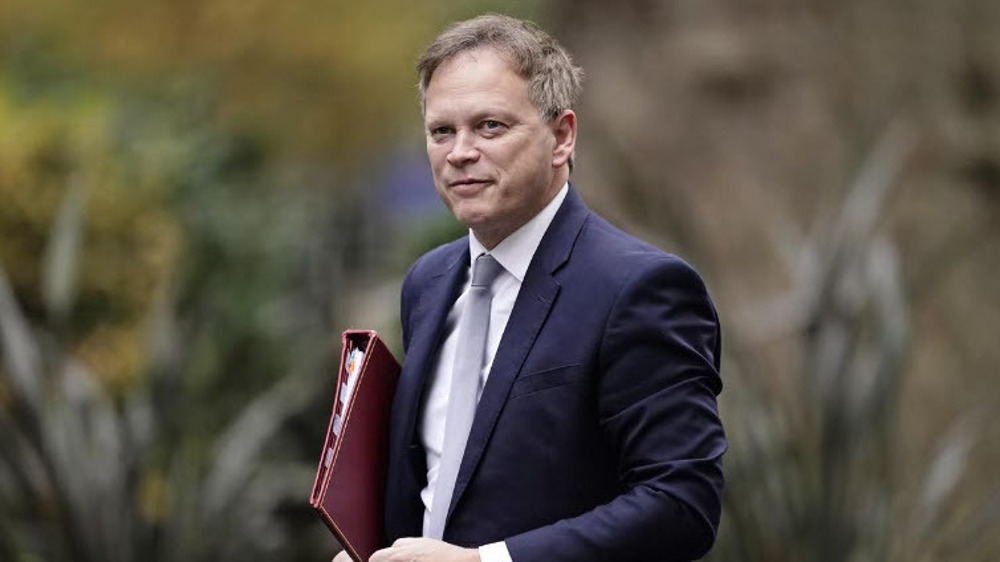
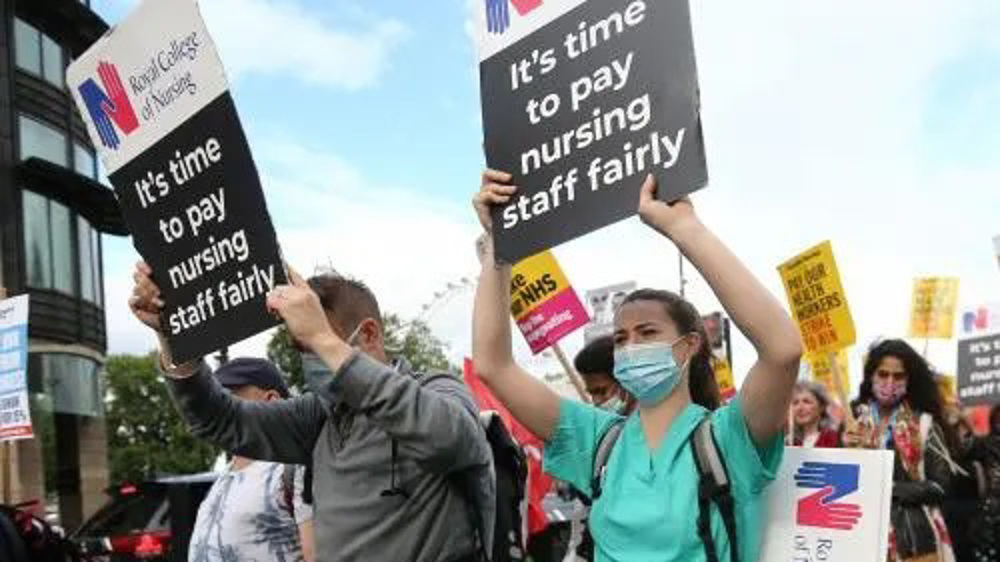
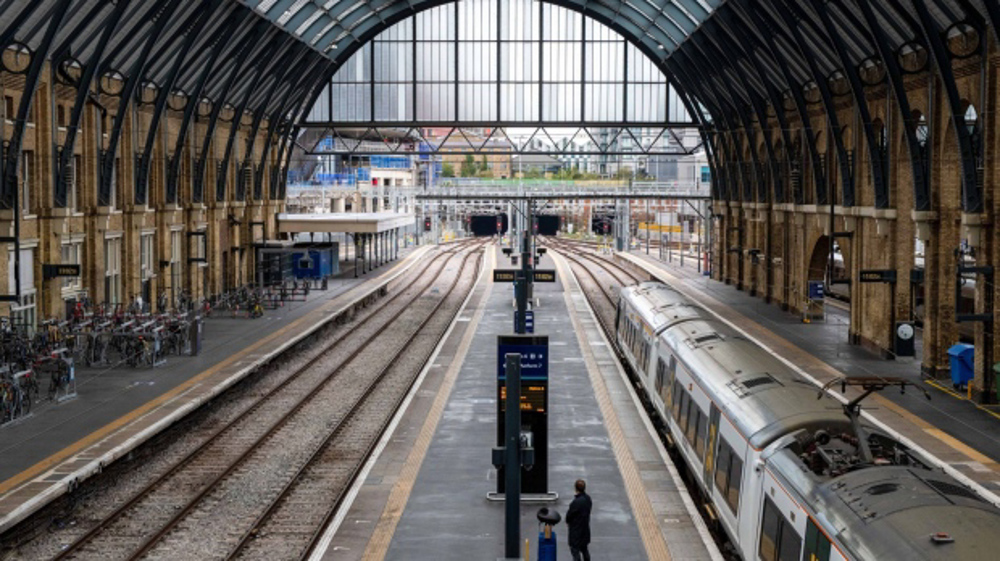

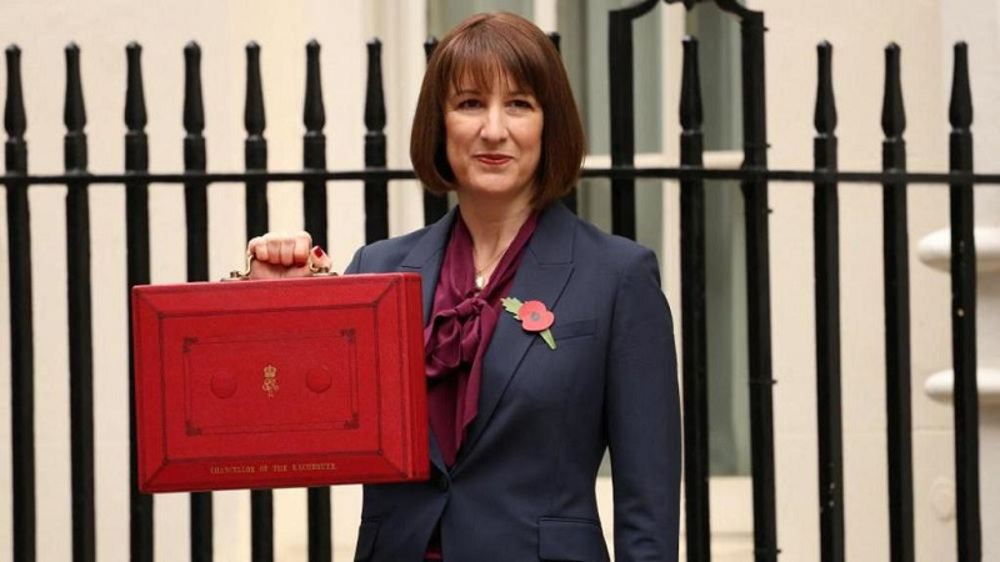
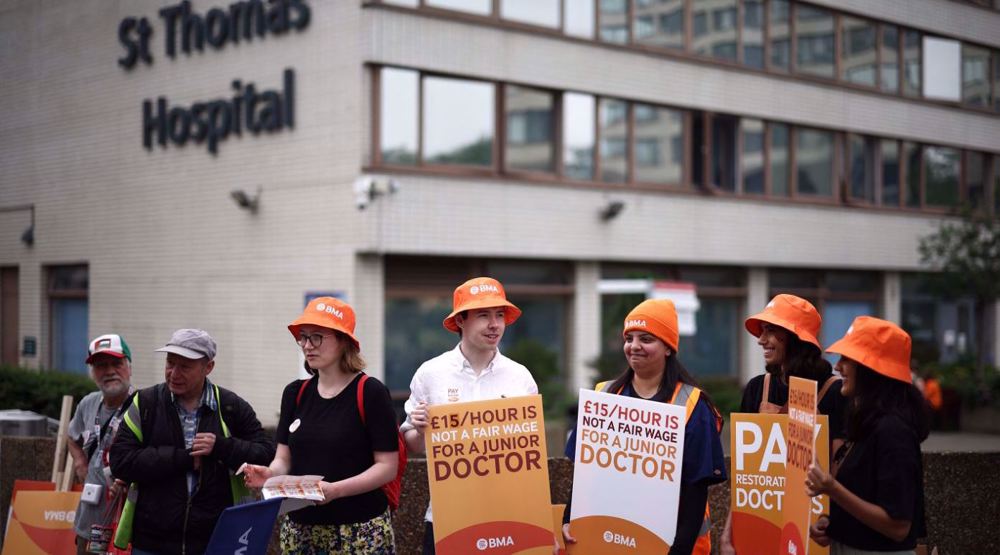




 This makes it easy to access the Press TV website
This makes it easy to access the Press TV website